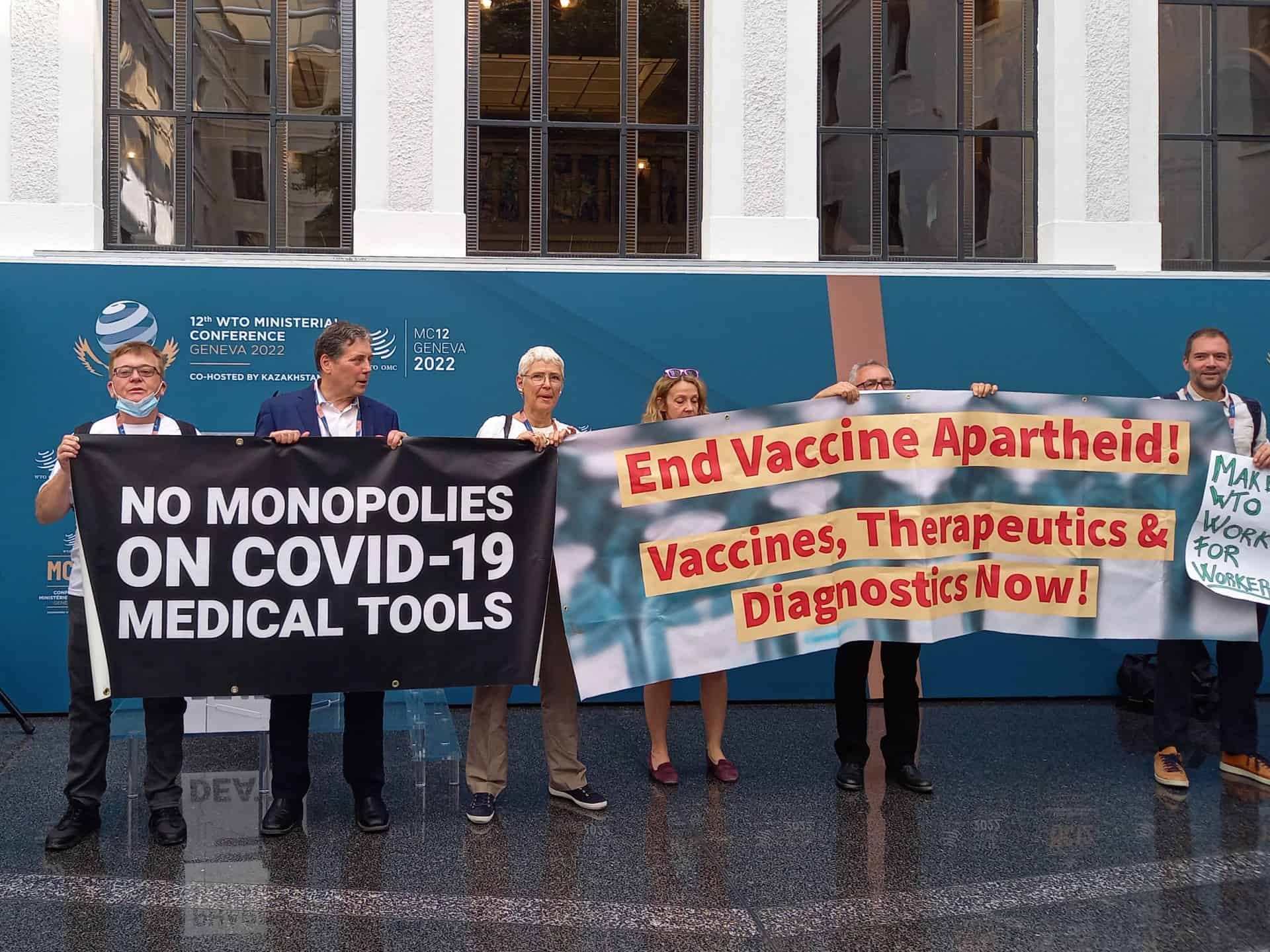The World Trade Organization’s ministerial conference will run over into a fifth day on Thursday in the hope of striking thus-far elusive deals on fishing subsidies, food security and combating Covid-19.
The Geneva gathering of trade ministers “will go on for a fifth day until Thursday”, the WTO announced on Wednesday, after its chief Ngozi Okonjo-Iweala said countries “feel that we really can cross the line on some of these things if we gave it a bit more time”.
The global trade body only takes decisions by consensus and its 164 members all need to agree if anything is to get passed.
India all but sank the WTO’s bid to net a long-sought deal on curbing harmful fishing subsidies late Tuesday, insisting it would not sign up without a 25-year exemption.
Negotiations towards banning subsidies that encourage overfishing and threaten the sustainability of the planet’s fish stocks have been going on at the WTO for more than two decades.
Fishing subsidies is the flagship deal that Okonjo-Iweala was hoping to get passed at the global trade body’s first ministerial conference in nearly five years.
The Nigerian former minister of finance and foreign affairs, who took office in March 2021, has staked her leadership on getting deals over the line and breathing new life into the organisation by proving it has a role to play in tackling big global challenges.
“It requires that we work harder and work nights, whatever it takes to be able to do it. The good news is … that progress is being made but it needs a little more work and more time,” Okonjo-Iweala said.
“The not so good news is that we are running out of time, so I think it is really time for ministers to make the requisite decisions that need to be made.”
“This is crunch time,” conference chairman Timur Suleimenov said, acknowledging that members were not being as flexible as he had hoped.
Any attempts to pile up all the decisions at the last minute, he warned, “only increases the chance that all of us will go home empty handed.”
“And I know that this is contrary to what the world expects from us,” he said, urging delegations to “start blessing outcomes”.
“Regardless of whether we will have an extra day or not, we need to utilise the time remaining to the fullest extent.”







